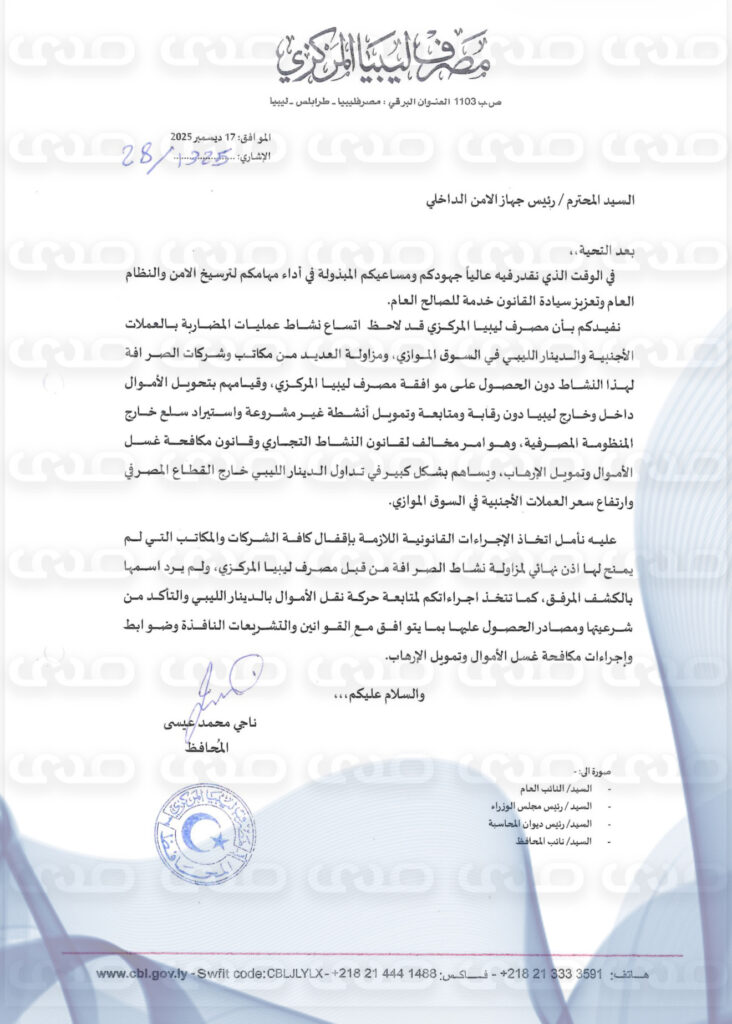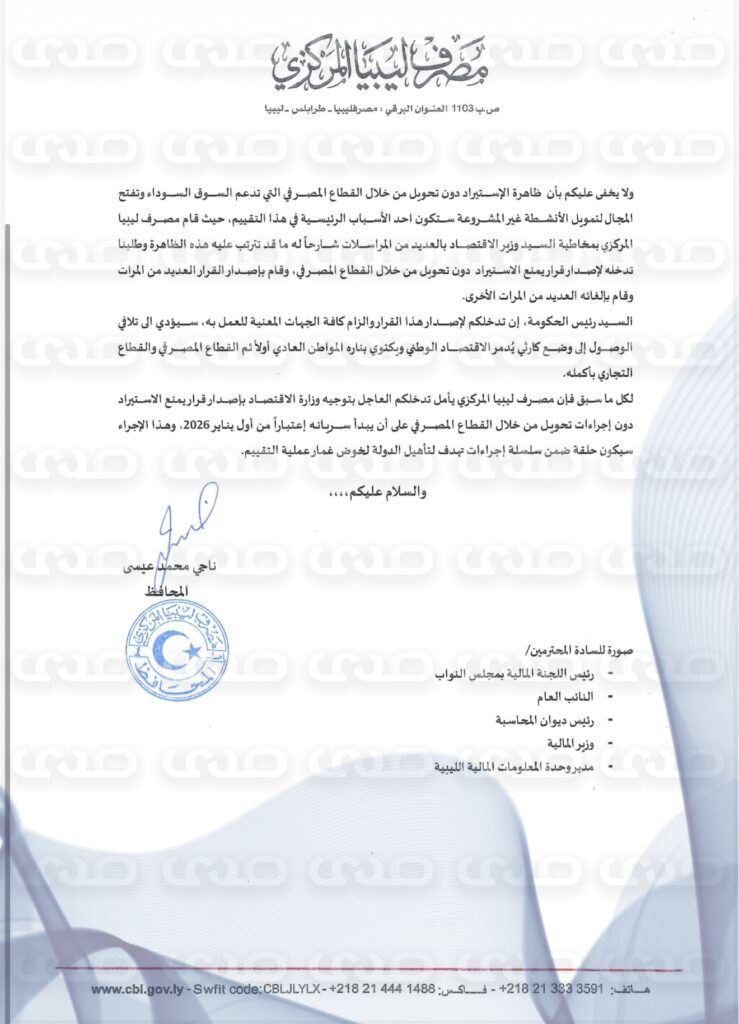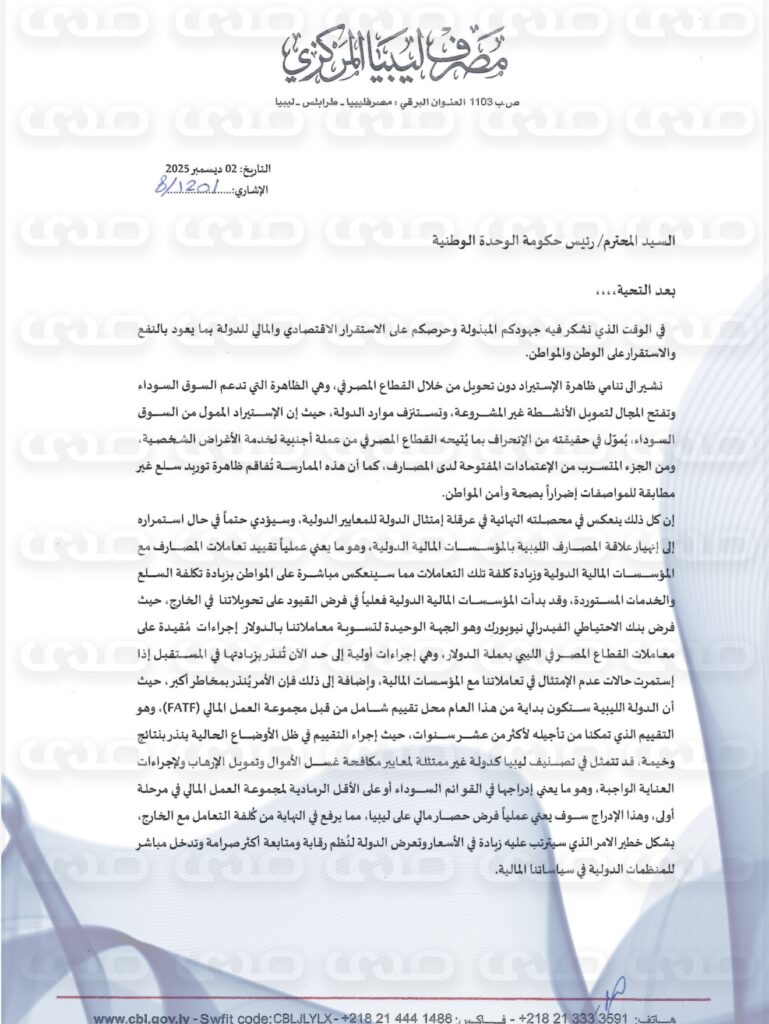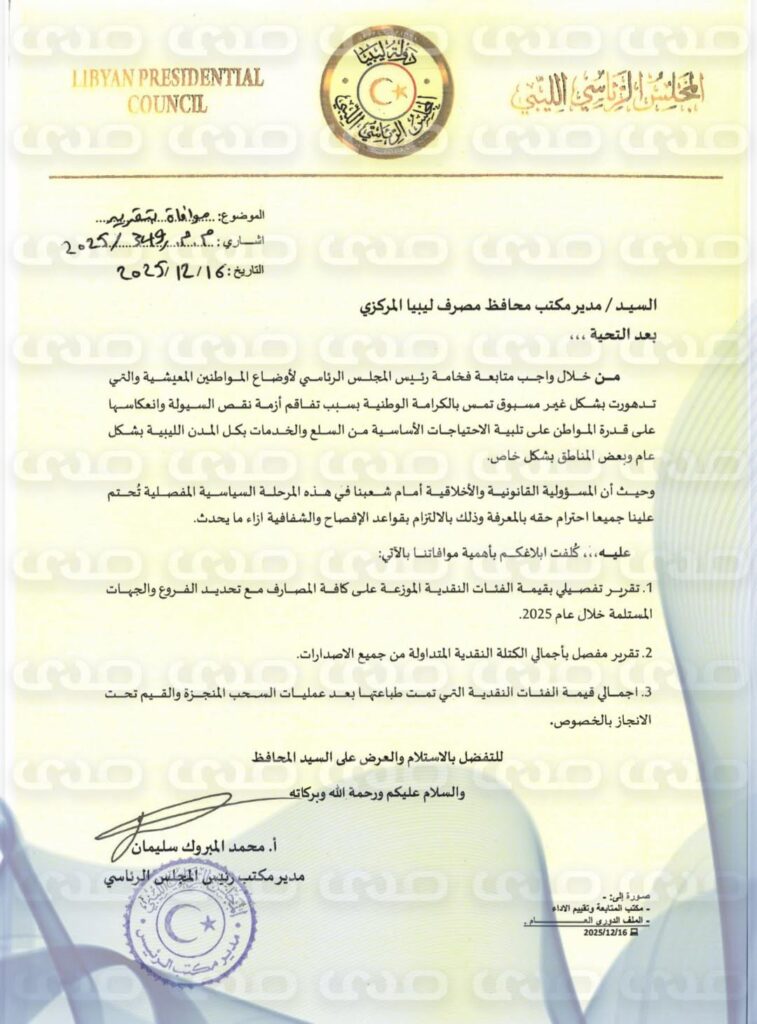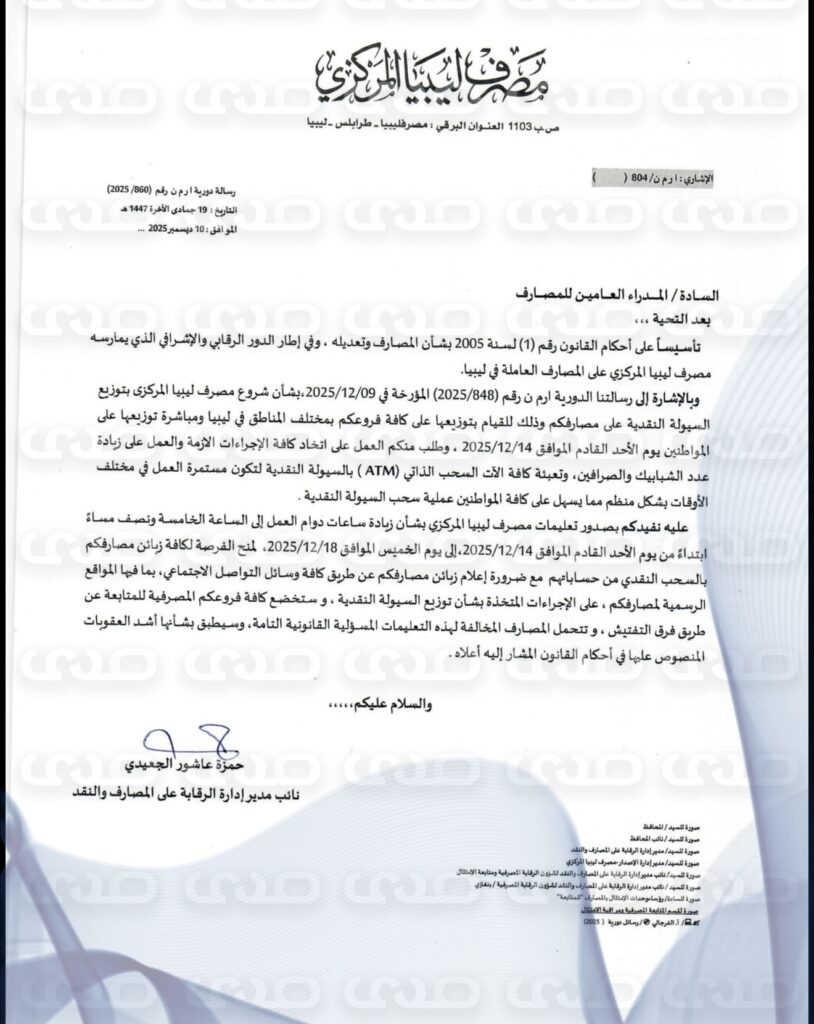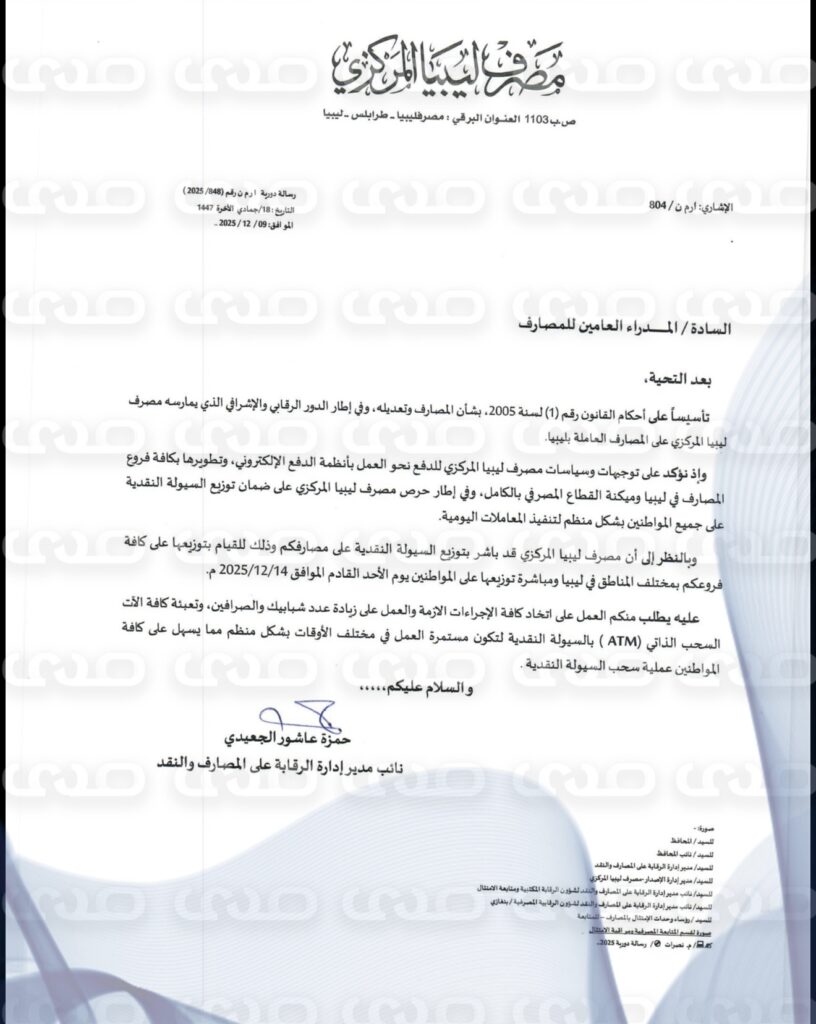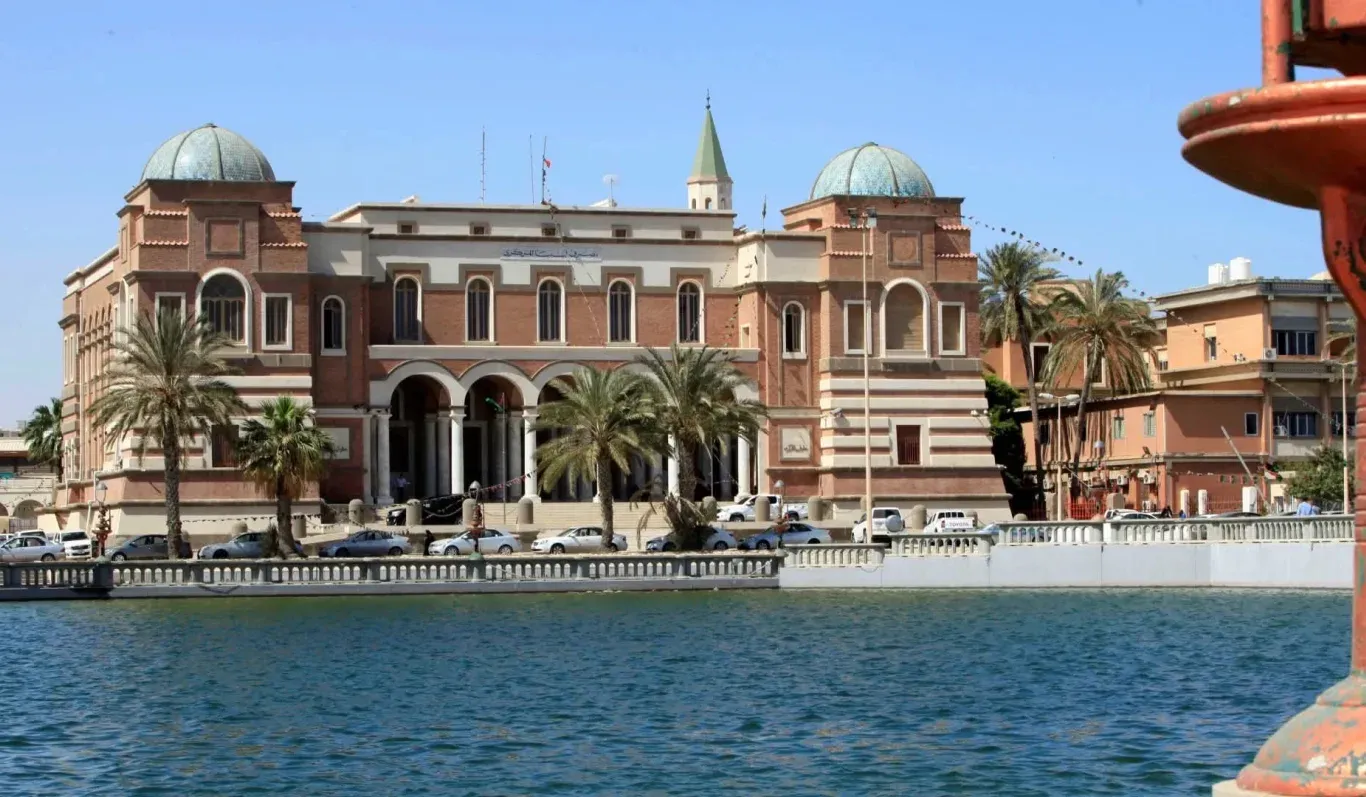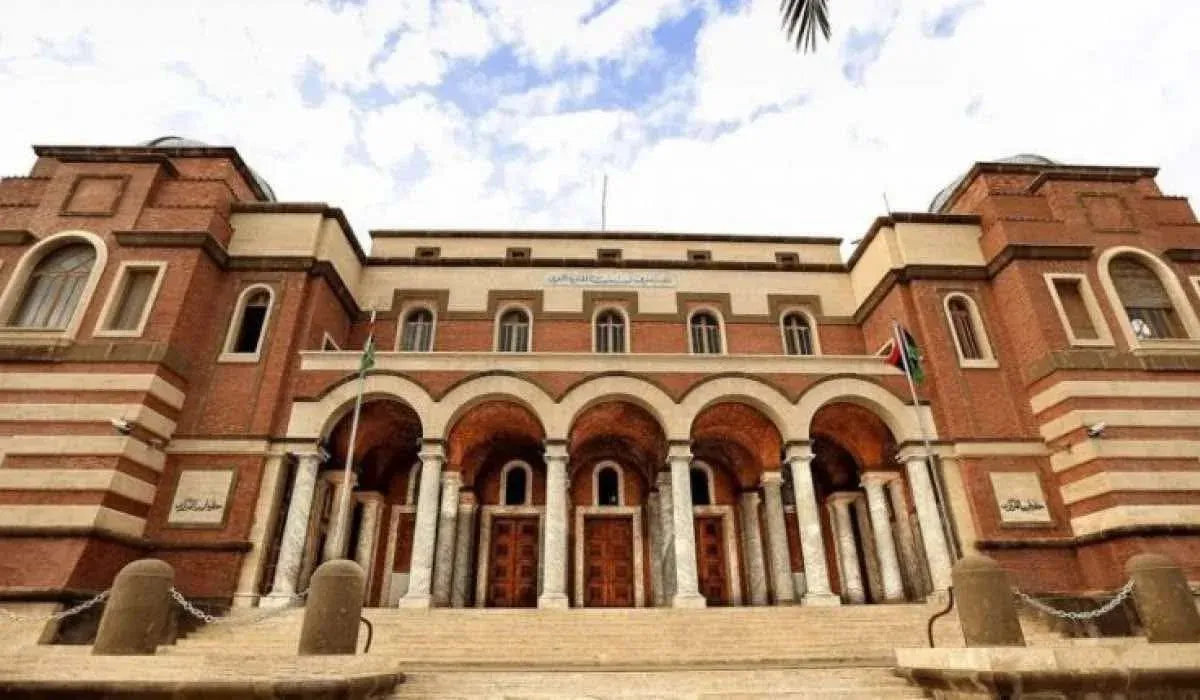Banking expert “Nu’man Al-Bouri” said in an exclusive statement to our source that digital transformation is not, in his view, a telecommunications problem. He added that talking about “zero cash” is a dream—there is no country in the world that operates with zero cash. He explained that he understands the Central Bank’s intent is to push toward electronic payments, but this is not a magic wand that can instantly transform the economy into fully electronic payments, especially when government services themselves do not accept electronic payment today. “How do you expect others to accept it?” he asked. At the same time, he questioned whether the current infrastructure of the national switch can handle all these operations, as they pass through the banking system—are they capable today? He stressed the need to assess the technical infrastructure across the national switch, payment processors, and commercial banks themselves.
Al-Bouri continued that the databases currently in place—can they process and run operations at this scale? He believes this is the core problem. A lack of alignment between vision and practical steps by banks, the national switch, and electronic payment companies yields undesirable results. What will happen is disruption and ongoing settlement issues, leading to stoppages. This, in turn, will make citizens say, “I want cash—I went to pay and the transaction failed,” or “the amount was deducted but the merchant didn’t receive it,” which would undermine the Central Bank’s vision of promoting electronic payments.
He explained that when taking such steps, it is essential to consult all stakeholders, understand their technical conditions and operating environments, and conduct proper sizing of their systems so they can upgrade capacity before launching such a vision. The entire ecosystem must be ready. It cannot be achieved through theory or guidance from the Central Bank alone; otherwise, systems will be unable to handle the massive volume of transactions. The whole ecosystem must be prepared to reach the Central Bank’s desired goals.
Al-Bouri added that K2 oversight is not oversight over the Central Bank itself; rather, it is stricter oversight over foreign currency sales operations. He noted that there has been significant corruption in these operations, many of which involve money smuggling and money laundering. He believes K2 will support the Central Bank in limiting suspicious or illegal operations. He added that this constitutes support for the Central Bank, which itself faces pressure from certain groups that sell letters of credit and trade in personal-purpose cards. He noted that traders are the primary buyers of these personal cards, while citizens receive only small amounts of dinars in return. Any oversight of this kind, he said, should be supported, as it will genuinely limit entrenched corruption that has existed for 15 years or more, becoming deeply rooted and powerful among certain beneficiary groups. He described K2 as a very positive step.
Regarding the sixth cycle of the banking sector development zone and the banking forum, Al-Bouri explained that it brings together many decision-makers and specialists in banking and finance. The forum will include sessions over two days addressing current challenges such as deficit financing, liquidity shortages, political division, and the consequences of its persistence—aimed at finding solutions that citizens can feel through improved living standards.
He added that, as in previous years, the forum will issue recommendations derived from the sessions and contributions of decision-makers and technical experts. He expressed hope that these recommendations will see the light of day. Unfortunately, he noted, many recommendations from the previous five forums—most notably the call to unify the monetary institution—were delayed; however, today, thanks be to God, that recommendation has been realized, with a unified Board of Directors for the Central Bank of Libya.
Al-Bouri pointed out that several other necessary measures must be adopted, such as rationalizing public spending, having a single budget, avoiding deficit financing, and refraining from selling dollars below the official rate. Doing so creates price differentials that fuel speculation, which naturally generates profits for a small group while the majority suffer.
He continued: God willing, today’s and tomorrow’s sessions will adopt many of these solutions. He urged decision-makers—whether at the Central Bank, the legislative authority, or the government—to adopt these solutions so they can be implemented and activated to improve the country’s financial and economic conditions.
Al-Bouri concluded his statement by saying that if fundamental solutions are not taken today—despite the fact that some may be difficult and painful—they remain the only way to stop the current bleeding. Continuing on the current path, he warned, would be catastrophic for everyone in the near future.
